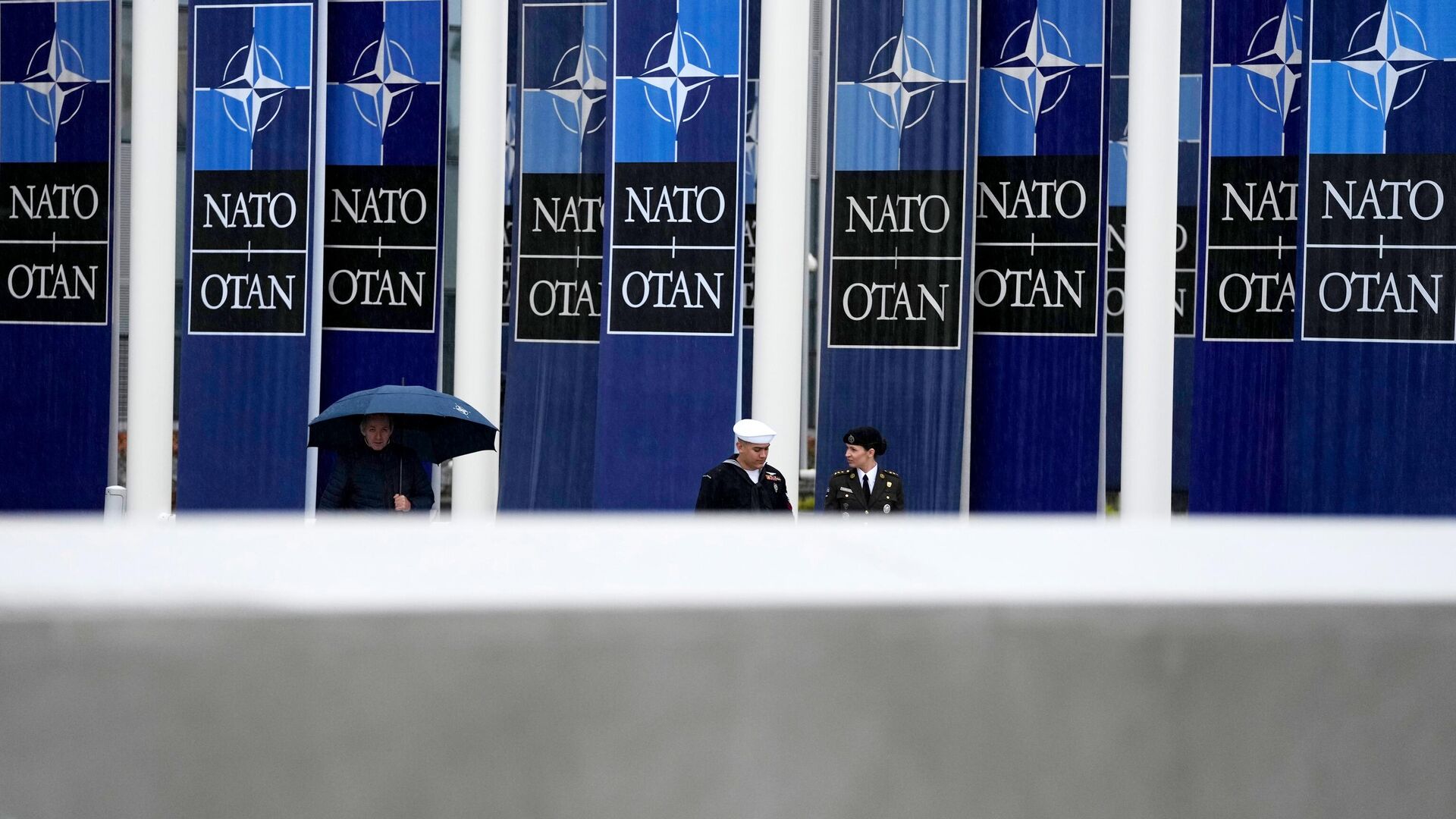Recent statements by Donald Trump have once again raised questions about the future of NATO. The former US president and leading contender for the White House in 2024 suggested that the United States may reduce its involvement in the Alliance. Is NATO really so dependent on America, and can the European part of the Alliance ensure its own security?
Is the US really the main driver of NATO?
Historically, the United States has played a central role in the North Atlantic Alliance. They provided military presence in Europe, covered defense costs, and guaranteed the nuclear security of the region. Currently, there are 31 American military bases on the territory of European countries, making Americans a key player in the issue of collective security.
However, when it comes to funding, the situation is not so straightforward. Germany and the US contribute an equal percentage to the NATO budget – 16% each. The UK adds 11%, France – 10%. This means that even without the American contribution, the Alliance will continue to function, although undergoing significant changes.
What will change if the US withdraws?
If the US ceases to act as the global military guarantor in NATO, the following changes may occur:
- European countries will be forced to increase defense budgets. Many states rely on US support, allowing them to spend less on defense. But if the Americans leave, EU countries will have to quickly increase funding for their armies.
- The distribution of military responsibility will become more even. Currently, the US shoulders the bulk of military operations within the Alliance. America’s departure will require Europe to take on a larger share of strategic decisions.
- NATO’s European bases will come under the control of local armies. This could contribute to their improvement, as European countries will have access to modern military facilities.
Is Europe Ready for Independent Defense?
According to Ben Shreer, Executive Director of the European Department of the Institute for Strategic Studies, Europe has enough resources to defend itself. The question is whether countries are willing to spend more on defense and work together without American support.
Security expert Moritz Grefrath claims: “If U.S. allies realize that they can no longer rely on American protection, they will start actively developing their own military capabilities.” In other words, the U.S. withdrawal may even stimulate European countries to strengthen their military forces.
Political Consequences and the Future of NATO
If Trump returns to the White House and begins to implement his threats regarding NATO, this could lead to:
- Increasing tension between the U.S. and Europe. European leaders are already critical of such statements as they undermine Alliance unity.
- Enhanced role of France and Germany in military cooperation. These countries may take the lead in the Alliance.
- Risks for the security of Eastern Europe. In case NATO weakens, Russia may try to take advantage of the situation to expand its influence.
An official list of possible changes in NATO may be presented by the U.S. State Department in the coming months. Whether this topic will become part of Trump’s election campaign will be shown with time. But one thing is certain – NATO will no longer be the same as before.


